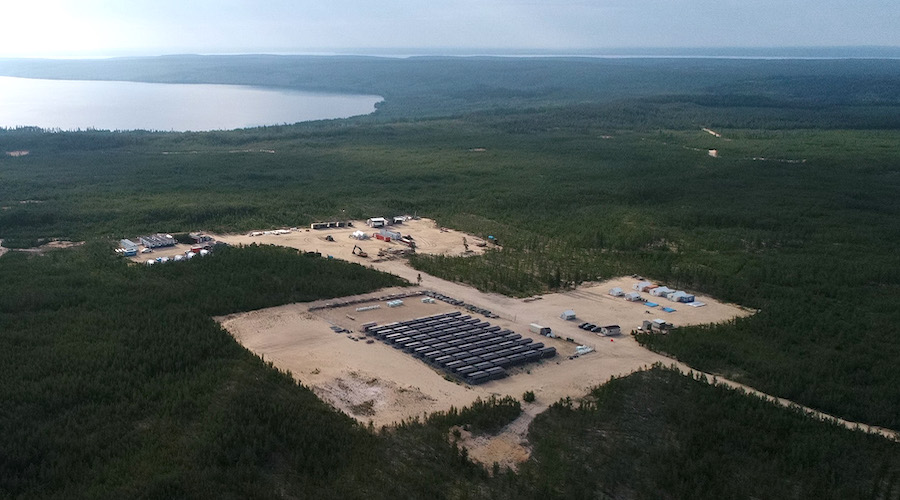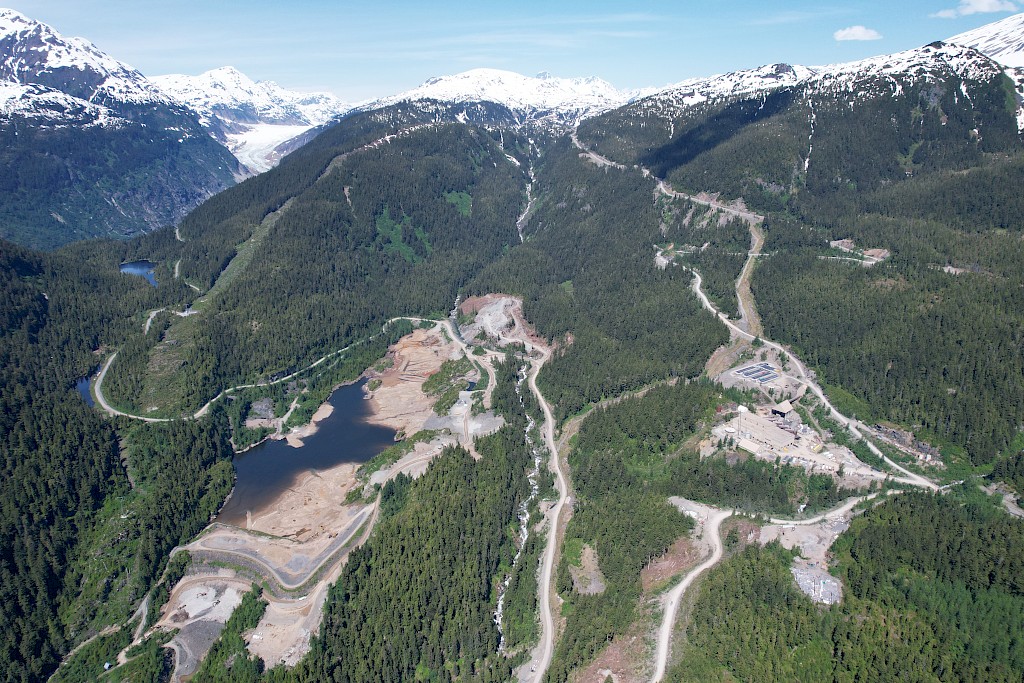Fission Uranium moves forward with engineering phase for PLS project in Saskatchewan

Fission Uranium (TSX: FCU) has successfully completed the front-end engineering design (FEED) for its Patterson Lake South (PLS) uranium project, marking a milestone in the development of this high-grade deposit in Saskatchewan.
This milestone includes thorough geotechnical drilling for essential infrastructure such as tailings management facilities, decline shafts and ventilation systems, and transitions the project into the detailed design phase.
“Fission’s expert engineering team continues to make excellent progress at PLS. The completion of FEED significantly de-risks the project and is a critical step towards production. It advances the engineering to the level necessary to support our application to the Canadian Nuclear Safety Commission (CNSC) for site preparation and construction of the mine or mill,” stated CEO Ross McElroy.
The PLS project, renowned for its high-grade uranium deposits, includes key components such as the Triple R deposit and the newly identified R1515W zone. Updated designs leverage the latest advancements in uranium mining and processing technologies, incorporating innovative methods like tunnel boring and diaphragm wall technology for ventilation shafts.
Fission has also addressed all feedback from the Saskatchewan Ministry of Environment regarding its initial environmental impact statement (EIS). The revised draft, now submitted, includes comprehensive responses to the ministry’s requests.
The EIS permitting process, including a ministerial decision, is anticipated to conclude in the fourth quarter 2024.
As Fission prepares to submit its application to the CNSC, the company remains optimistic that ongoing drilling and resource upgrades, particularly at the R1515W zone, will lead to increased mine reserves and further enhance the project’s value.
The project includes 22.4 million tonnes of measured resources with a grade of 1.70% U3O8, 62.1 million tonnes of indicated resources at a grade of 1.30% U3O8, and 28.6 million tonnes of inferred resources with a grade of 1.10% U3O8.
Exploration at PLS continues to reveal promising potential along the Patterson Lake corridor, with mineralization trends extending in both western and eastern directions.
More News
{{ commodity.name }}
{{ post.title }}
{{ post.date }}




Comments